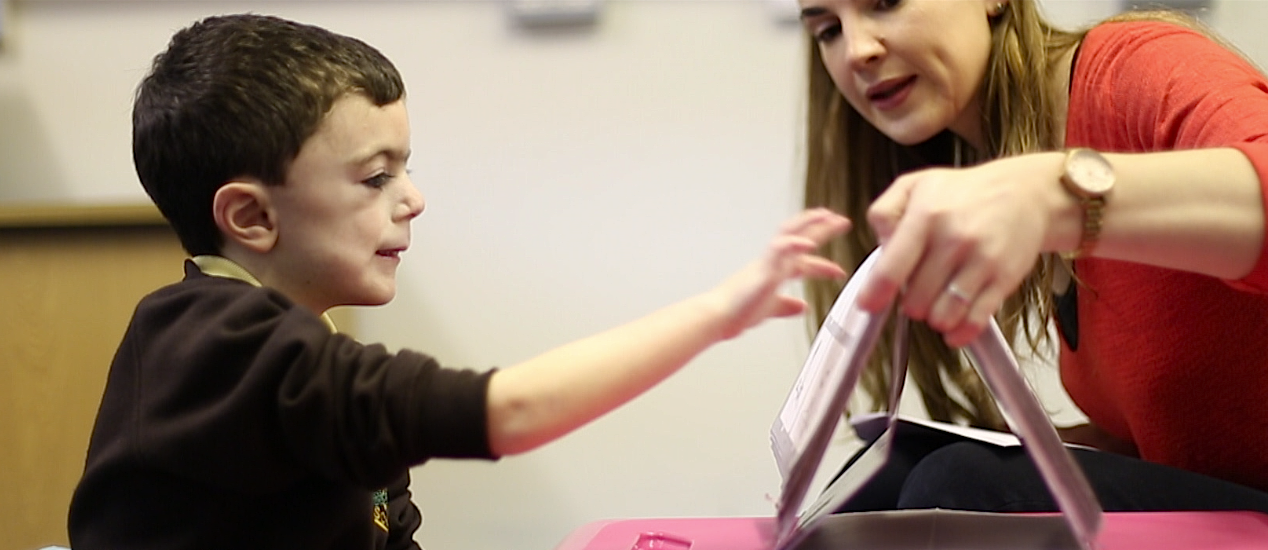Earlier this month, Cerebra, the charity that supports children with brain conditions and their families, in collaboration with an academic team from four leading institutions, launched the Cerebra Network for Neurodevelopmental Disorders.
This pioneering research network will expand upon the work of the Cerebra Centre, which developed a world-leading research programme through which the behavioural, emotional and cognitive characteristics associated with complex disorders and rare genetic conditions have been documented.
This next phase will comprise a collaborative and dynamic network of researchers. The Cerebra Network for Neurodevelopmental Disorders will be led by four alumni of the Cerebra Centre; Dr Caroline Richards (University of Birmingham), Dr Jo Moss (University of Surrey), Dr Jane Waite (Aston University) and Dr Hayley Crawford (University of Warwick). New and improved ways of supporting children with rare and complex syndromes will be investigated by this unique academic team that truly integrates knowledge, expertise and resources across universities in the Midlands and Surrey.
This network will deliver insight into the challenges faced by children with rare genetic syndromes and neurodevelopmental conditions associated with intellectual disability, such as fragile X syndrome, Smith-Magenis syndrome, Tuberous Sclerosis Complex, Prader-Willi syndrome, Down syndrome, and Cornelia de Lange syndrome.
Cerebra Network Co-Director Dr Caroline Richards (University of Birmingham) said: “Our aim is to improve the evidence that underpins better assessment and interventions and leads to improved outcomes for these children and their families. This area of research is underrepresented in modern academic circles.”
The Cerebra Network for Neurodevelopmental Disorders was launched at a virtual public event by academics and clinicians from the four leading universities and was an opportunity to hear about the work that is being conducted by the Network and how this sits in the wider field of intellectual disability research.
The launch was split into two parts; a Family Focus Session aimed at parents and carers of people with neurodevelopmental disorders and their families, and also a Research Focus Session for academics and professionals, which delved into the research behind the Network’s three key themes: autism, sleep and behaviour, and mental health.
“We are thrilled that so many families, academics and professionals could join us for the launch event, and we’re delighted with the positive feedback we have received from attendees.” Dr Hayley Crawford (Cerebra Network Co-Director, University of Warwick).
